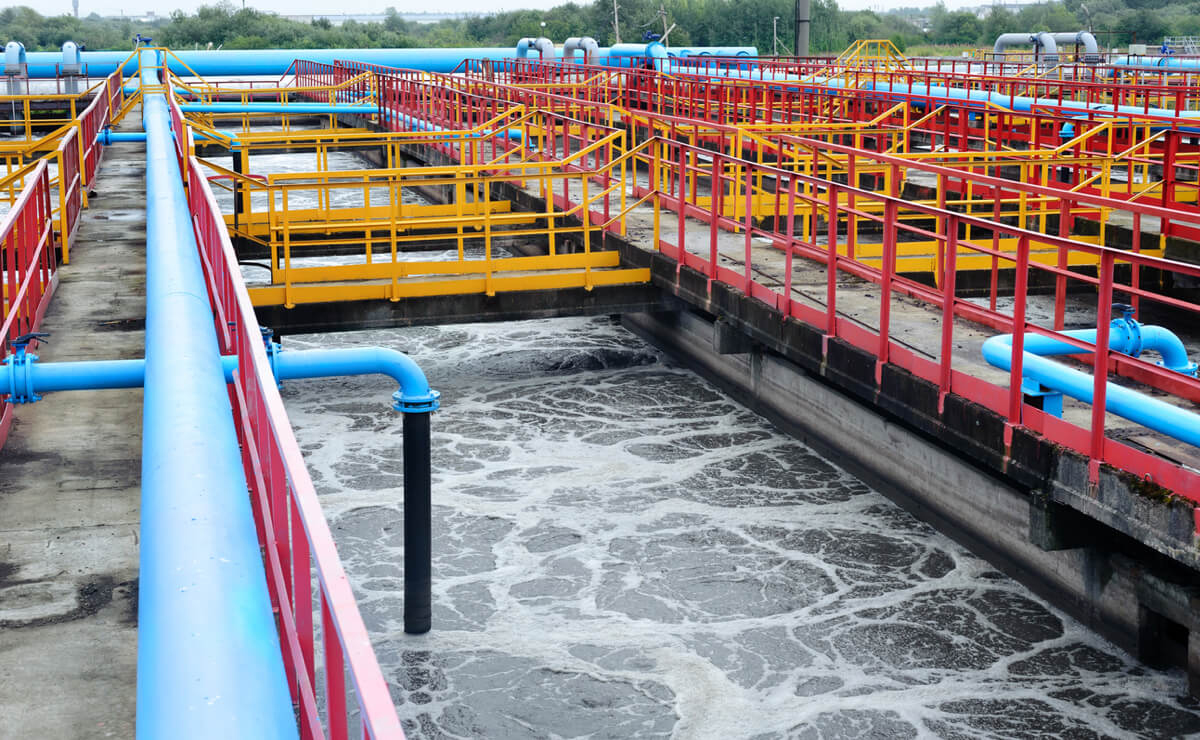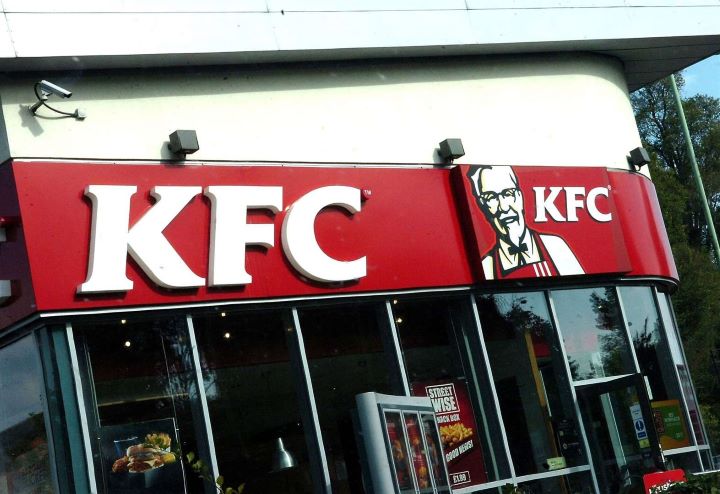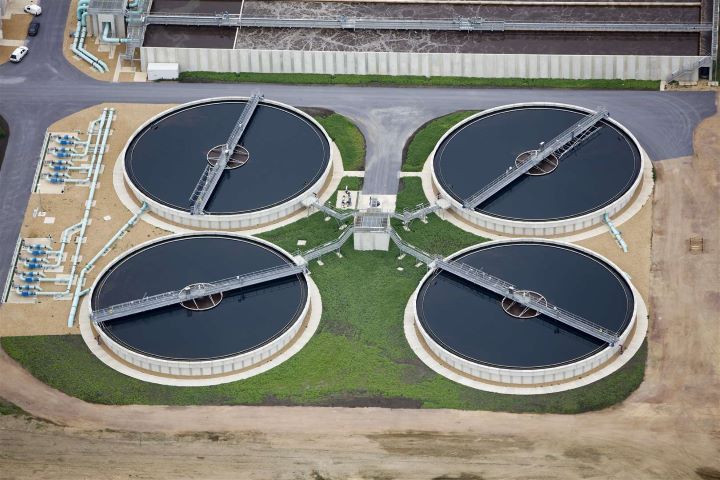11 Dec 2024

Tired Earth
By The Editorial Board

Sewage treatment chemicals are now being added to a growing list of items that UK companies are struggling to get hold of because of issues thrown up by Brexit and the coronavirus pandemic.
As a result, the Environment Agency has told businesses handling water and sewage at waste water treatment works to prioritise the chemicals they have for treating waste which has 'the greatest potential to cause environmental harm' - but that they may be able to go against the conditions of their permits, which would ordinarily tightly control the manner in which effluent is released, if they are unable to get hold of the chemicals they need.
A 'regulatory position statement' which notifies companies of the Environment Agency's change in approach has been posted on the government website.
It reads: "Normally, you need a permit under the Environmental Permitting (England and Wales) Regulations 2016 to discharge treated effluent from a waste water treatment works to surface water or groundwater. Permits contain conditions that control the quality of the effluent you can discharge.
"You may not be able to comply with your permit if you cannot get the chemicals you use to treat the effluent you discharge because of; the UK’s new relationship with the EU, coronavirus (COVID-19) or other unavoidable supply chain failures, for example the failure of a treatment chemical supplier. If you follow the conditions in this regulatory position statement (RPS) you can discharge effluent without meeting the conditions in your permit."
The new stance, says the Environment Agency, applies to water and sewage company discharges only when firms have shown that they've done all they can to try and comply with their existing permits, that ensures the waste treated in a multi-stage process before it is discharged back into the environment.

Companies have been told they may be able to release waste water into the environment even if it's not been fully treated
Shortages across retailers and businesses have been steadily growing across the country, caused by a combination of problems including a shortage of lorry drivers, supply and delivery issues slowed down by Brexit and staff shortages exacerbated by the pandemic.
McDonalds and KFC have been among the fast-food firms to report struggles with deliveries of food and drink in the last few weeks, alongside a shortage of blood test tubes in the NHS and reports that retailers like Ikea have been struggling to obtain around 1,000 products including mattresses.

KFC is among the companies which has been struggling with stock shortages
Any business which is struggling to order and have delivered the chemicals they need to fully treat sewage and waste water must draw up contingency plans to minimise such disruption where possible, alongside planning to minimise the impact and time it might spend not complying with the ordinarily more stringent conditions of a permit.
There is also a guide which advises firms how to best prioritise the chemical supplies they do have and how to determine which effluent is prioritised for the most treatment.

Water UK says the shortages are caused by a supply issue and not a manufacturing problem
In a statement Water UK, which represents the water industry, explained the difficulties.
It reads: "We are currently experiencing some disruption to the supply in England of ferric sulphate, a chemical used at some drinking and wastewater treatment sites.
“This will not affect the supply of drinking water. As a precaution, however, we are monitoring the situation due to the use of ferric sulphate in some waste treatment works. We are working closely with government and our chemical suppliers to ensure disruption is minimised.
“This issue has arisen due to a shortage of HGV drivers in the UK. There is no shortage of ferric sulphate in factories; the issue is solely one of distribution.”
Source : stamfordmercury.co.uk
Comment